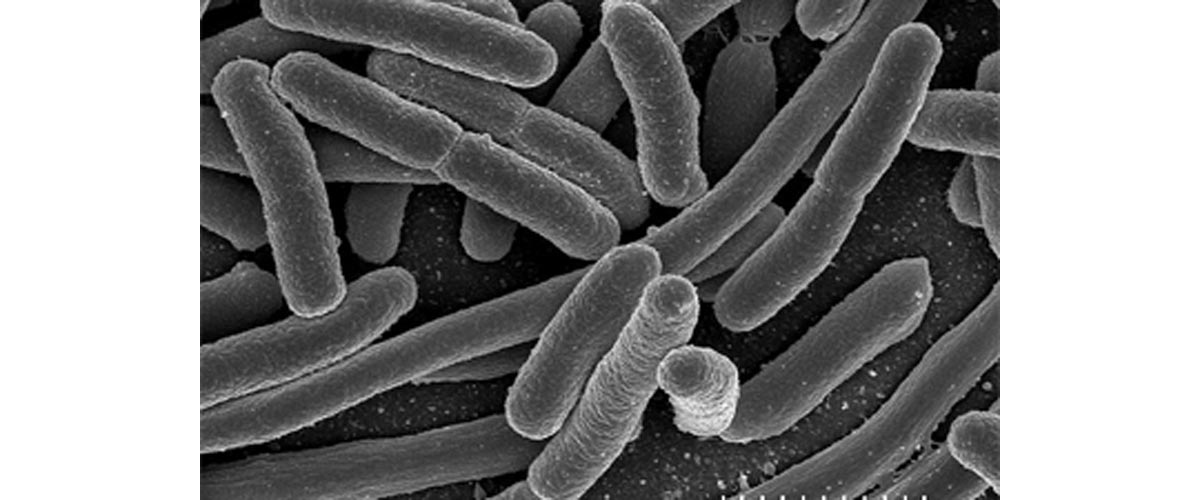Table of Contents
For over a week the lead stories on the news have concerned the outbreak of E. coli infection centered in Germany. As this article is being written, a relatively uncommon strain of one of the world's most common bacteria has killed 22 people.
Anything you can do to stay healthy during an outbreak of E. coli is something you should do all the time. The steps to take to prevent E. coli infection apply whether there is a "superbug" going around or not.
1. Wash your hands before and after you use the toilet

2. Eat your sprouts cooked, or make sure they have been washed
The latest E. coli outbreak seems to have originated at a facility that grew bean sprouts. Another E. coli outbreak in Japan, sickening over 8,000 people in 1996, was traced back to radish sprouts. A real-life Hindu terrorist organization based in the tiny town of Antelope, Oregon, of all places, sickened hundreds of people by placing intentionally contaminated sprouts on a salad bar in 1982.Seeds have to be soaked in water to grow sprouts, and the warm temperatures and constant humidity give E. coli many opportunities to grow. Simply washing sprouts before you eat them, and keeping them refrigerated, will lower the number of bacteria on the sprouts to a smaller number that your body can eliminate with stomach acids.
3. Don't take antacids before you eat raw vegetables or raw or rare meat or eggs
Your body's first line of defense against foodborne bacteria is stomach acid. If you have to take antacids or medications for gastroesophageal reflux disease, then don't eat raw foods.4. Don't take Pepto-Bismol or Lomotil to prevent foodborne infection
Diarrhea is your body's way of eliminating toxic bacteria. If you stop diarrhea before it starts, you increase your chances of infection rather than decreasing them.5. Buy a variety of foods from a variety of sources
E. coli outbreaks usually emanate from a single location. If you buy a variety of fruits and vegetables from a variety of sources, your chances of getting a dose of bacteria too large for your digestive tract to handle decrease.6. Add vinegar-based dressings to your salads
Vinegar slows down the passage of food through your digestive tract, giving your stomach acid more opportunity to dissolve E. coli bacteria before they can cause infection.7. Eat foods cultured with Lactobacillus
"Friendly bacteria" occupy spaces on the lining of the intestines so that they cannot be colonized by infectious E. coli. You can get Lactobacillus from kimchi, sauerkraut, yogurts of all kinds, and probiotic supplements.
8. Start your meal with a small amount of a bitter food
Bitter salad greens trigger a reflex that increases production of stomach acid.
9. Think South of the Border
Eat foods made with chilis or curries. Hot peppers and spices used to make curries fight foodborne infections.
10. Keep on eating healthy food
Keep the statistics about E. coli in perspective. Every year, just in the United States, up to 750,000 people get E. coli infections. That means that every year, just in the United States, at least 308,000,000 people don't get E. coli infections.
Your risk of E. coli infection is very small, but your risks from not getting enough vegetables and fruit in your diet are very large. Take reasonable precautions and keep your hands and your kitchen clean, and then eat the foods that are good for you and that you enjoy!
- Bae WK, Lee YK, Cho MS, Ma SK, Kim SW, Kim NH, Choi KC. A case of hemolytic uremic syndrome caused by Escherichia coli O104:H4. Yonsei Med J. 2006 Jun 30,47(3):437-9
- Elisabeth Rosenthal, "Elusive Explanations for an E. coli Outbreak," New York Times, 7 June 2011.

